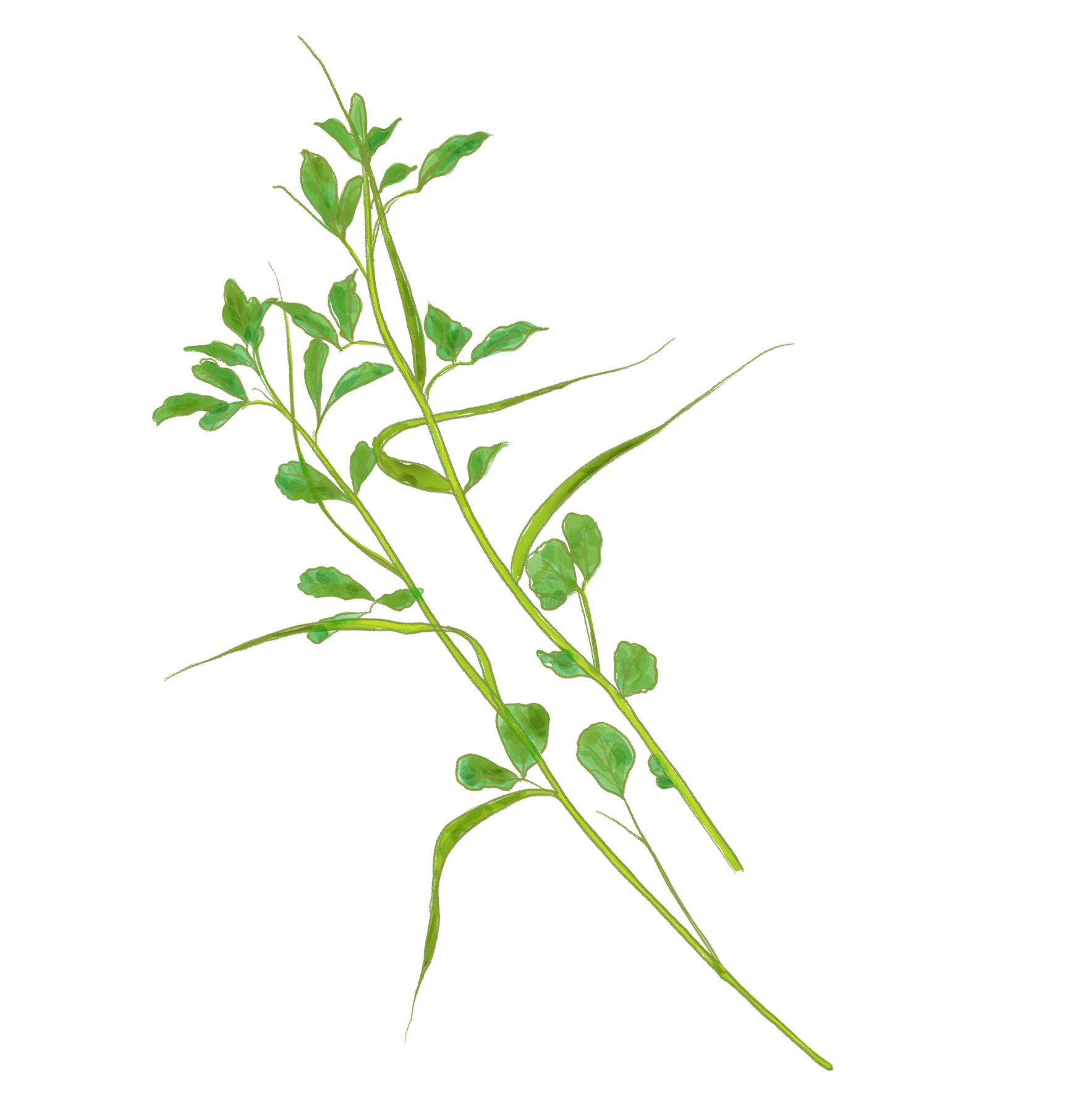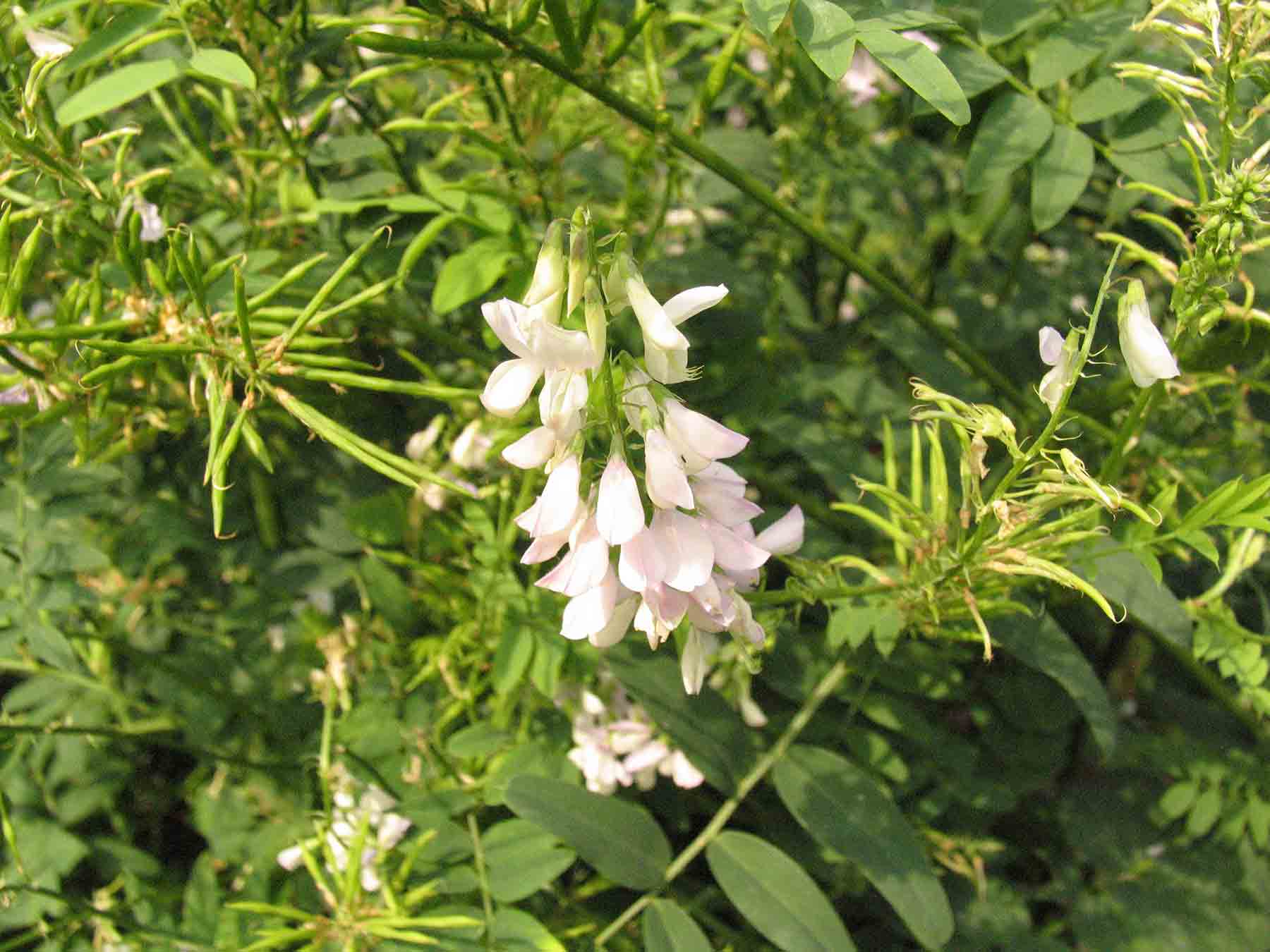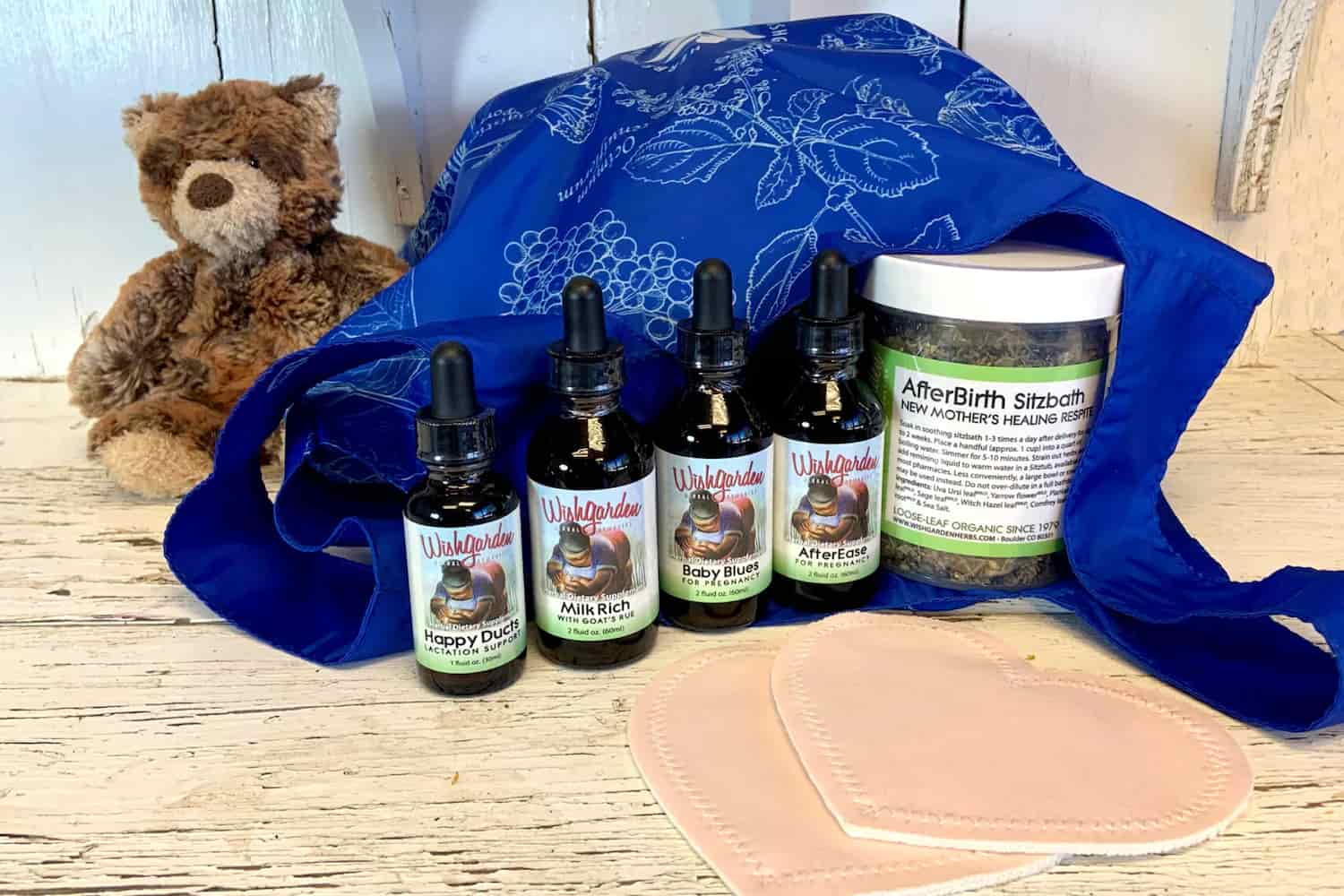Our breasts are easily the most important feature during postpartum. In fact, I would argue that breasts play a significant role in every woman's life, whether they have had children or not. Further, let's not forget that we are animals — mammals, in fact. We feed our offspring by producing milk. Our breasts also play a vital part in the lymphatic system's functioning.
Let's #FreeTheNipple and understand our boobs, one of the most important features for any woman during any reproductive stage.
The Anatomy of Breasts
The word "breast" refers to the front of the chest and the mammary glands that begin to grow in women during puberty. These glands are made up of lobules, glandular structures that produce milk in females. The lobules drain into the duct system, connecting the paths that transport milk to the nipples.
Our breasts are made up of tissue, blood vessels, and lymphatic vessels that drain fluid to lymph nodes. These lymph nodes are located in the armpits and behind the breastbone or sternum. Lymph nodes act as security guards for the immune system, ready to bugs or foreign substances that enter the body. This is most important for the nodes surrounding a woman's milk supply for baby.
Did you know that men have breasts too? Yes! Male breast tissue just lacks the specialized lobules women possess because they have different physiological needs.
Breastfeeding Benefits
The health effects of breastfeeding apply to all women around the world. As reported by the NCBI, breast milk is specific to infants' unique nutritional needs. Breast milk supports a baby's immune system, encourages a healthy inflammation response, and protects both mother and child against pathogens.
Postpartum is a journey of transitions, as mentioned in our last blog post. Breastfeeding is an emotional part of this journey that can bring joy, struggles, and even discomforts and challenges. But there are ways to ease that transition and increase your joy in breastfeeding.
Firstly, it's important to enrich breast milk for healthy, nutritious milk flow. Several herbal allies may assist you in this step, but diet and lifestyle will always be at the top of the list.
Secondly, caring for the breasts and emotional support may soothe a new mama and help her transition into feeling more comfortable during breastfeeding. When I breastfed my babies, I remember frantically moving my toes back and forth because I was in so much discomfort at first! My nipples were cracked, my boobs were enormous, and I wanted so badly for my baby to receive what they needed from me. It's important to stay patient with a new mama, because she is feeling a wave of emotions and physical struggles.
Lactation Support
Herbal allies can be helpful when caring for our breasts during this delicate time. Nursing can sometimes be rough on the lymphatic vessels and ducts, which is why many midwives include Happy Ducts Free the Flow on their suggested birthing supply list. This formula is filled with lymphatic-moving herbs to help your boobs stay happy.

Photo from Community Roots Midwife Collective.
If you don't have issues with blocked ducts but are looking for milk-flow support, look no further. Milk Rich Supply Booster herbal extraction formula supports a healthy milk supply when nursing. Herbs like goat's rue and fenugreek are nutrient-rich and promote a healthy volume of milk. WishGarden has produced this trusted formula for more than 30 years to assist moms in feeding their babes.
The same struggles with producing enough milk can also be said for stopping that milk production! Luckily, our herbal ally sage may help. Salvia officinalis is traditionally used in the culinary world; however, this herb also has an affinity with the female anatomy. Sage leaf is bitter, pungent, and astringent. The herb addresses damp conditions and is considered an astringent mucostatic, or excess mucous resolver. It works within our bodies' tissues. Furthermore, sage helps support milk reduction and assists in normalizing the breast tissue and glands when a woman decides to stop breastfeeding.
Every Mother's Choice
Every mother has a choice when it comes to breastfeeding and should do what is right for them. Breastfeeding could be a journey out of reach for some women, and that's okay. It's always best to work with your practitioner or midwife, because they know what's happening with your body best.
Midwives, doulas, and lactation consultants are common these days and very helpful in supporting new mothers. They are just an internet search away within your community!
Lauren Ann Nichols-Sheffler attended The Colorado School of Clinical Herbalism and received her certificate in medical herbalism. She is the owner of Blue Yarrow Herbs aka Herbal Vice, an herbal product company practicing bioregional herbalism by cultivating plants and sourcing locally. Lauren loves educating and advocating for plant sustainability. She is the sourcing and Purchasing manager for WishGarden Herbs.
For educational purposes only. This information has not been evaluated by the Food and Drug Administration. This information is not intended to diagnose, treat, cure, or prevent any disease, or sell any product.
Recommended Products
Further Reading













